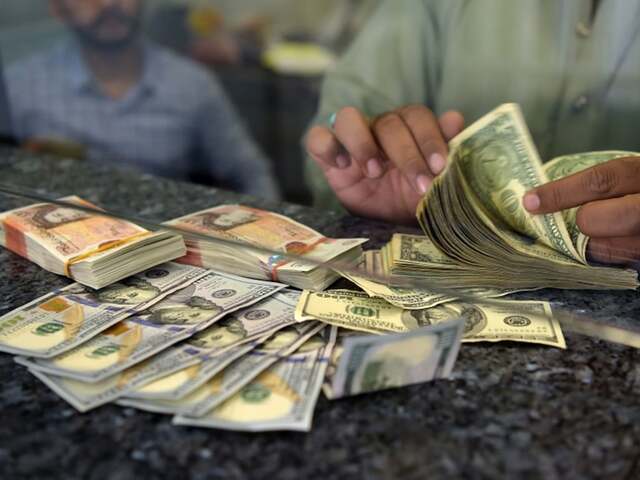
In a world where the pursuit of comfort and status has become second nature, the concept of lifestyle inflation has quietly seeped into our lives. It’s that phenomenon whereas our income grows, our expenses also rise in tandem, leading to an ever-increasing standard of living. While it may seem harmless at first, the hidden costs of lifestyle inflation can have profound implications for our financial well-being, psychological health, and long-term goals.
The Seductive Allure of More
Lifestyle inflation often begins innocently. A promotion, a raise, or a better-paying job triggers the desire for more. It’s easy to justify a bigger house, a sleeker car, or luxurious vacations as rewards for hard work. However, these decisions can set off a chain reaction of escalating expenses that may not be sustainable in the long run. The seductive allure of “more” often blinds us to the hidden costs lying beneath the surface.
Financial Freedom vs. Golden Handcuffs
One of the most insidious consequences of lifestyle inflation is the way it can shackle us to our jobs, giving rise to what’s known as the “golden handcuffs.” As our expenses increase, so do our financial obligations. This can make us reliant on our current income, trapping us in jobs that might not align with our passions or long-term aspirations. Achieving financial freedom—where work becomes a choice, not a necessity—can become increasingly difficult as our financial commitments grow.
Savings and Future Planning
Lifestyle inflation also takes a toll on our ability to save for the future. The more we spend on upgrading our lifestyles, the less we’re able to allocate to savings, investments, and retirement accounts. While immediate gratification is enticing, it often comes at the expense of long-term security. Neglecting to save adequately can leave us vulnerable to unexpected financial shocks or hardships in the future.
Psychological Stress and Comparison Trap
The chase for an ever-elusive “better” lifestyle can lead to psychological stress and an endless cycle of comparison. Social media exacerbates this phenomenon, bombarding us with images of seemingly perfect lives. This can create a sense of inadequacy and push us to spend beyond our means just to keep up appearances. The constant comparison can erode our self-esteem and lead to a sense of emptiness despite all our material possessions.
Environmental Impact
Lifestyle inflation isn’t just a personal finance concern; it also has environmental implications. The pursuit of luxury often involves more consumption of resources and energy. Bigger houses require more energy for heating and cooling, larger cars contribute to increased carbon emissions, and a penchant for fast fashion fuels excessive waste. Thus, the hidden cost of lifestyle inflation extends to the environment, impacting our planet’s health and sustainability.

Breaking the Cycle
Breaking free from the clutches of lifestyle inflation requires a shift in mindset and conscious decision-making. Here are some strategies to consider:
- Mindful Spending: Practice mindful spending by differentiating between wants and needs. Prioritize spending on experiences that truly bring joy and fulfillment rather than material possessions.
- Budgeting: Create a comprehensive budget that outlines your income, expenses, and savings goals. Stick to the budget religiously to prevent overspending.
- Delayed Gratification: Embrace the concept of delayed gratification. Just because you can afford something now doesn’t mean you need to buy it immediately. Give yourself time to evaluate whether a purchase aligns with your long-term goals.
- Automate Savings: Set up automated transfers to savings and investment accounts. This ensures that a portion of your income is consistently being saved before you have a chance to spend it.
- Regular Evaluation: Regularly assess your spending patterns and lifestyle choices. Are they in line with your values and goals? Make adjustments as needed.
- Emergency Fund: Maintain an emergency fund to cushion against unexpected financial challenges. This can prevent resorting to credit cards or loans during tough times.
Conclusion
The hidden costs of lifestyle inflation are multifaceted, affecting not only our financial stability but also our mental and emotional well-being. The pursuit of a lavish lifestyle can create a cycle of perpetual discontent and stress, ultimately impeding our ability to achieve long-term goals and true happiness. By adopting a mindful approach to spending, saving, and evaluating our choices, we can break free from the grip of lifestyle inflation and create a life that’s truly fulfilling and sustainable. Remember, true wealth lies not in material possessions, but in the richness of experiences, relationships, and a secure financial future. If you enjoyed this article about low interest loans then visit their page for more interesting articles.

